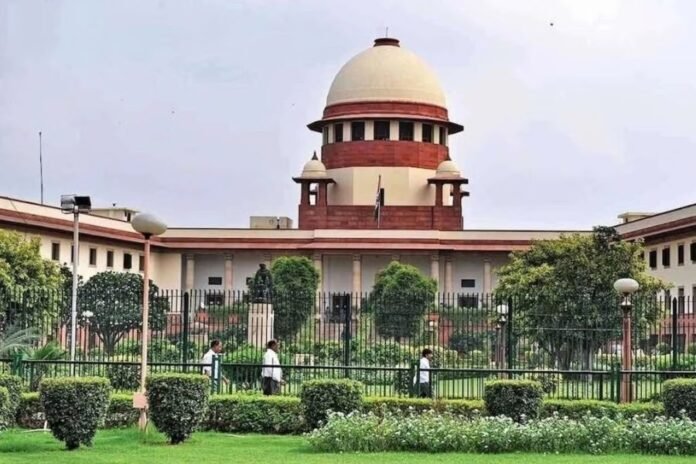[ad_1]
In a landmark judgement of Vibhor Garg v. Neha, the Supreme Court of India has ruled that secretly recorded telephonic conversations between spouses can be used as admissible evidence in matrimonial proceedings. The decision was passed by a Bench comprising Justice BV Nagarathna and Justice Satish Chandra Sharma, overturning an earlier judgement of the Punjab & Haryana High Court which had disallowed such evidence on grounds of privacy violation.
The top court held that the right to privacy under Article 21 of the Constitution is not absolute and must be balanced with the right to a fair trial. It stated that Section 122 of the Indian Evidence Act, which bars disclosure of marital communications without consent, contains a clear exception for legal proceedings between spouses.
The case involved divorce proceedings under Section 13 of the Hindu Marriage Act. The husband had recorded telephonic conversations with his wife without her knowledge to prove allegations of cruelty. While the Family Court at Bathinda had allowed the recordings, the High Court reversed the order, terming it a breach of privacy. This prompted the husband to approach the Supreme Court.
Rejecting the privacy argument, the Supreme Court clarified that Section 122 does not recognise any absolute right to privacy between spouses and that courts must focus on whether the evidence helps establish the truth in matrimonial disputes.
The Court observed, “If the marriage has reached a stage where spouses are actively snooping on each other, it already indicates a broken relationship and lack of trust. Permitting such evidence will not jeopardise domestic harmony, as that is already compromised.”
The judgement reaffirms that restrictive evidentiary rules must not come in the way of ensuring justice in family disputes. The Court cautioned, however, that such recordings must be scrutinised for authenticity and reliability before being admitted.
This decision aligns with previous rulings like Niranjan Shankar Golikari v. Century Spinning Co. and Superintendence Co. v. Krishan Murgai, where courts held that reasonable restrictions during the subsistence of marriage do not amount to a violation of public policy or personal liberty.
The petition was filed by Vibhor Garg against his wife Neha in SLP (C) No. 21195/2021. The ruling is expected to have significant implications for future matrimonial litigation, especially in cases where allegations of cruelty or misconduct are difficult to prove through conventional evidence.
Attention all law students!
Are you tired of missing out on internship, job opportunities and law notes?
Well, fear no more! With 1+ lakhs students already on board, you don’t want to be left behind. Be a part of the biggest legal community around!
Join our WhatsApp Groups (Click Here) and Telegram Channel (Click Here) and get instant notifications.
[ad_2]
Source link


